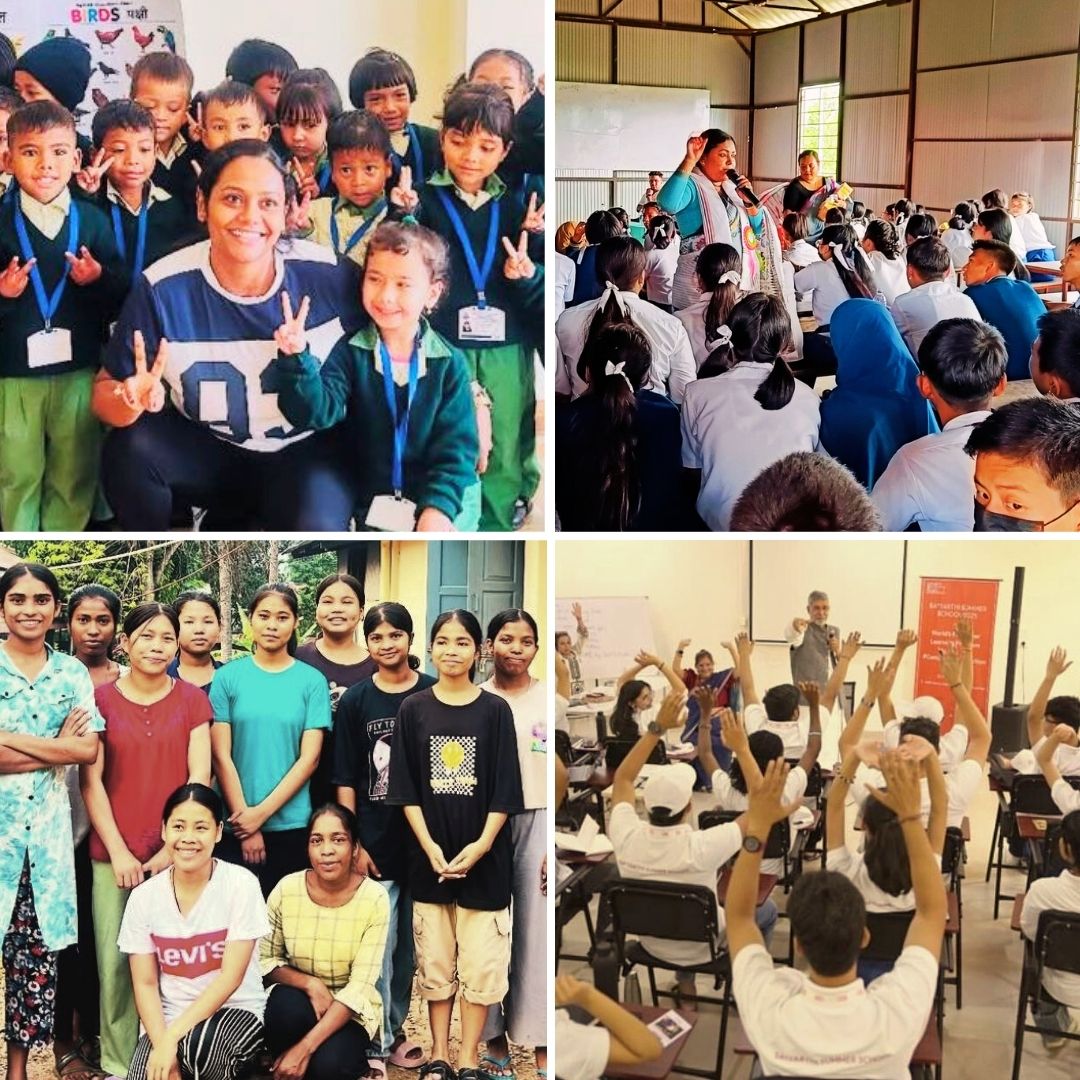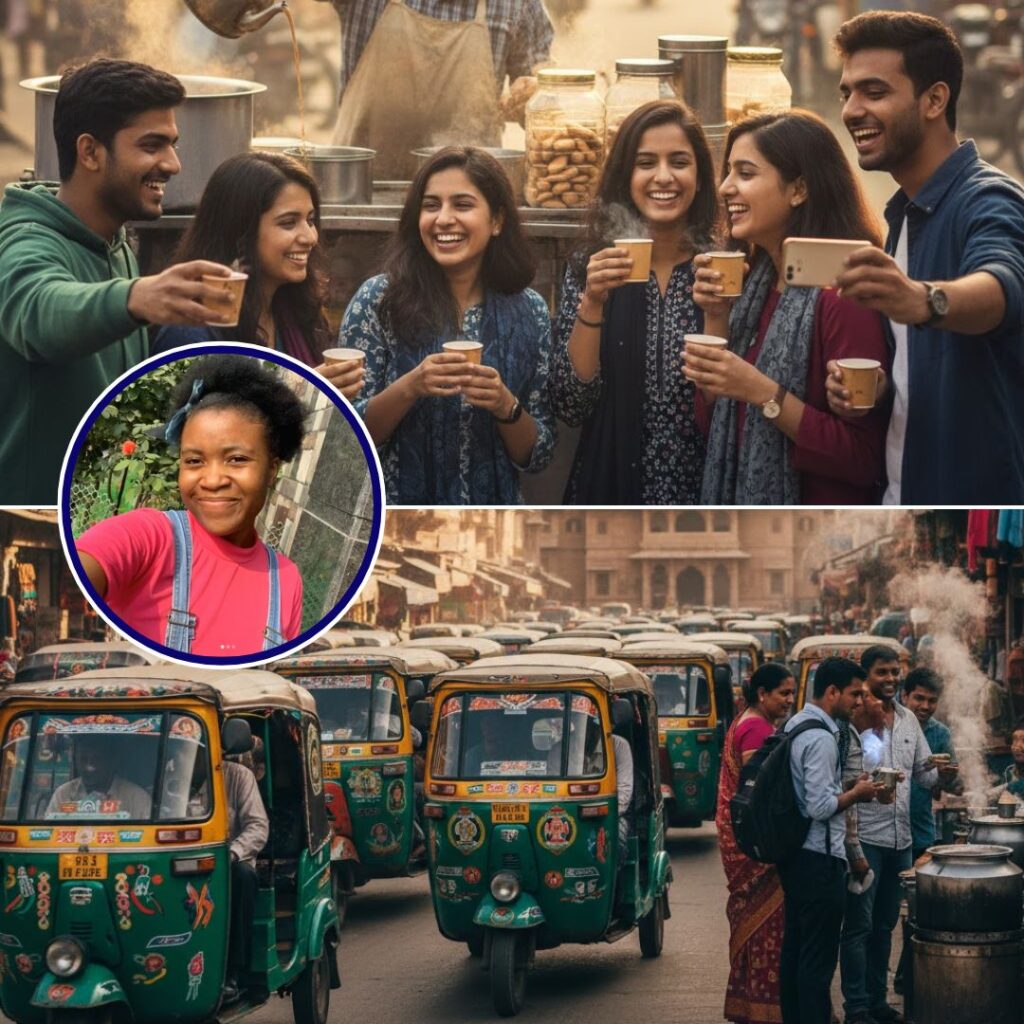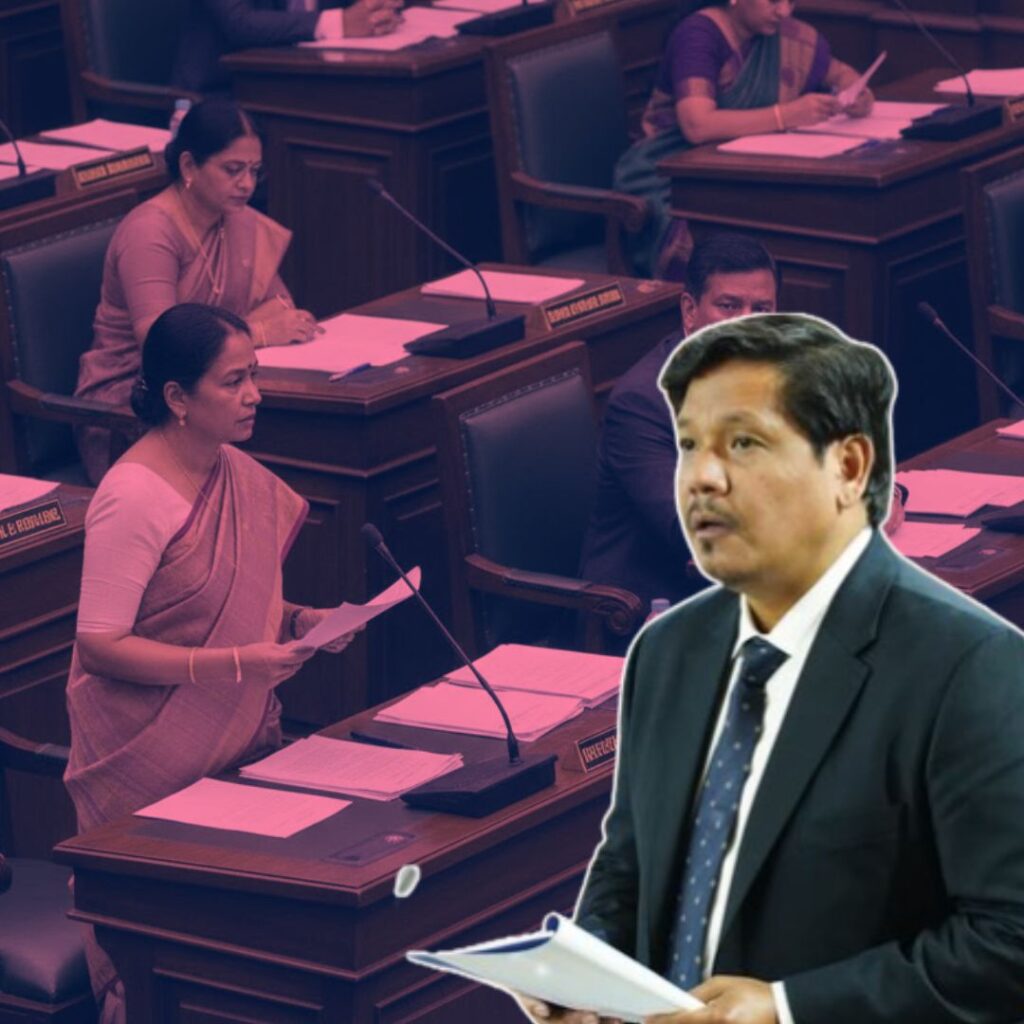Human trafficking remains one of India’s most pressing social issues, affecting hundreds of thousands of vulnerable children and women each year. The crime takes many forms—child labour, sexual exploitation, forced marriage, and domestic servitude—and often preys on those from marginalised communities. Despite government efforts and stricter laws, traffickers continue to exploit gaps in enforcement and social protection, making this a persistent challenge for law enforcement and civil society alike.
In recent years, the COVID-19 pandemic and subsequent lockdowns have exacerbated the problem, with traffickers targeting families facing economic hardship. According to recent reports, child trafficking in particular has seen an alarming rise, with children becoming the biggest victims of the crisis. The National Crime Records Bureau (NCRB) data suggests that thousands of cases are reported annually, but experts warn that the actual number is likely much higher due to underreporting and the clandestine nature of the crime.
Real-Life Heroes Leading the Charge
Amidst this grim reality, a group of courageous individuals and organisations are making a tangible difference. Among them are Pallabi Ghosh, Nobel laureate Kailash Satyarthi, and Hasina Kharbhih of Impulse NGO Network.
1. Kailash Satyarthi, Bachpan Bachao Andolan
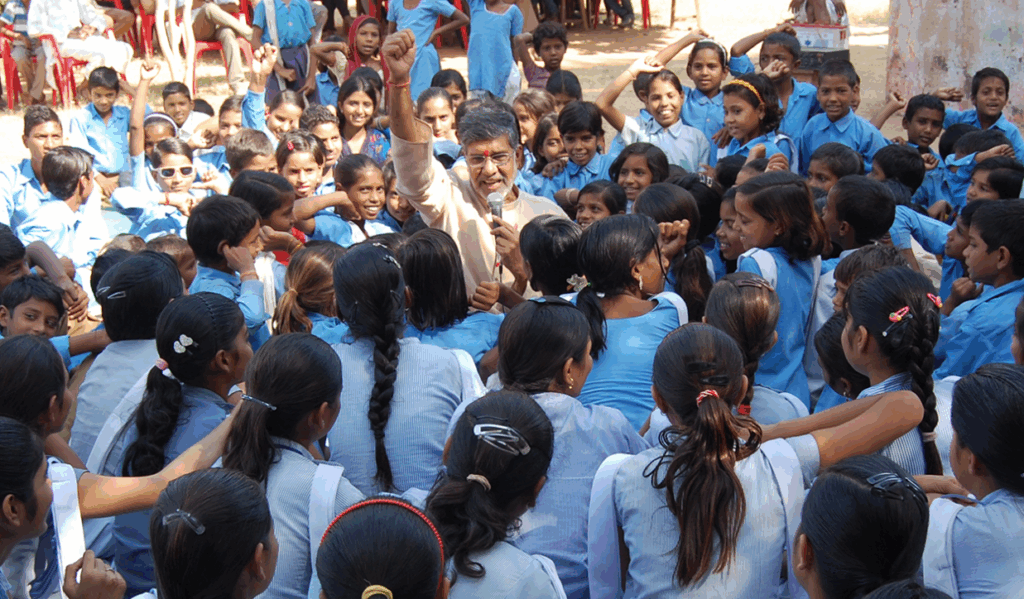
Perhaps the most recognisable name in the fight against child trafficking and labour, Satyarthi has spent over four decades rescuing children and advocating for their rights. His organisations, including Bachpan Bachao Andolan and the Kailash Satyarthi Children’s Foundation, have rescued more than 130,000 children from trafficking and forced labour. Satyarthi’s campaigns, such as the Mukti Caravan (Campaign on Wheels) and Bharat Yatra, have mobilised youth and communities across the country to raise awareness and demand action.
2. Pallabi Ghosh, Impact and Dialogue Foundation
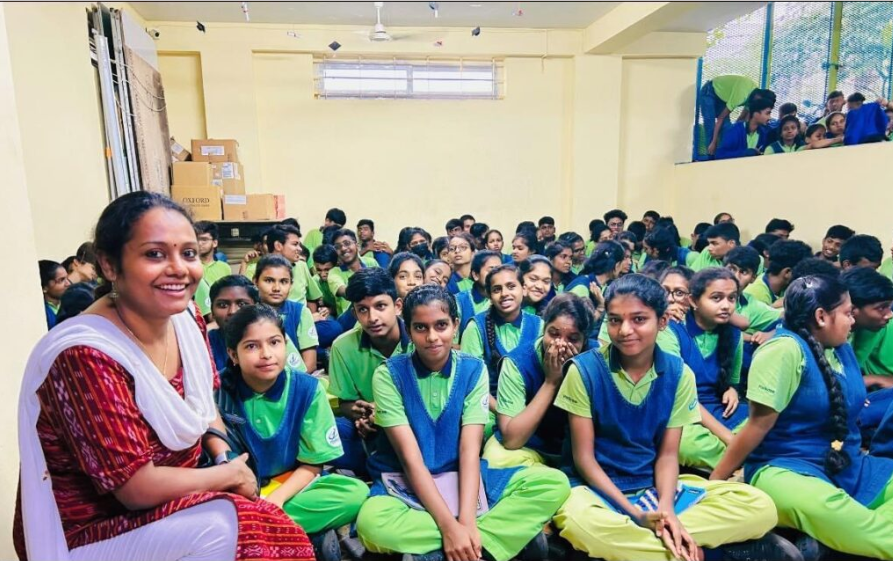
A lesser-known but equally dedicated activist, Ghosh works at the grassroots level to rescue and rehabilitate survivors, often risking her own safety to intervene in trafficking networks. Pallabi Ghosh and her organisation, the Impact and Dialogue Foundation (IDF), have made a significant impact in the fight against human trafficking. Her organisation has also created a vast network of awareness, reaching more than 75,000 women and girls across 20 districts in rural Assam and expanding pan-India through workshops, training, and advocacy campaigns
3. Hasina Kharbhih, Impulse NGO Network

Founder of Impulse NGO Network, Kharbhih has pioneered community-based approaches to prevent trafficking, especially in the North East. Her work focuses on empowering local communities to identify and stop trafficking before it happens. She developed the globally recognised Impulse Model, a holistic approach that integrates prevention, rescue, rehabilitation, partnership, empowerment, and justice to address trafficking at its roots. The model coordinates law enforcement, civil society, and community members to create a robust, replicable response to trafficking and exploitation
These leaders have inspired countless others to join the fight, creating a ripple effect of positive change across the country.
Official Responses and Policy Developments
The Indian government has intensified its efforts to combat trafficking through legislation, awareness campaigns, and better coordination between agencies. The Trafficking in Persons Bill 2018, now known as the Anti-Trafficking Bill, was a significant step forward, aiming to create a more robust legal framework for prosecuting traffickers and protecting victims. However, the passage and implementation of such laws have faced delays and challenges.
Law enforcement agencies have also stepped up their efforts, collaborating with NGOs and civil society to rescue victims and arrest traffickers. For instance, since the first lockdown, Bachpan Bachao Andolan has worked with police to rescue approximately 9,000 children and arrest over 300 traffickers from trains, buses, and factories across the country. The Kailash Satyarthi Children’s Foundation’s Intensive Area Action campaign has identified over 2,200 traffickers and facilitated the arrest of more than 1,200 in just one year.
Grassroots Mobilisation and Public Awareness
Beyond policy and enforcement, public awareness and community engagement are critical to combating trafficking. Satyarthi’s Mukti Caravan, led by youth who were once victims themselves, travels across India, using street plays, pamphlets, and audio-visual materials to educate communities about the dangers of trafficking. These efforts have reached millions, empowering people to recognise and report suspicious activities.
Social media and digital platforms have also become powerful tools in the fight against trafficking. Activists and organisations use platforms like Twitter, Facebook, and YouTube to share stories, raise awareness, and mobilise support. Viral campaigns, survivor testimonies, and educational content have helped break the silence around trafficking and encouraged more people to take action.
The Global Dimension and Future Challenges
Human trafficking is not just an Indian problem—it is a global crisis. Kailash Satyarthi has called for international collaboration, urging citizens and governments worldwide to join the fight. He has launched a global movement for compassion, believing that empathy and collective action are essential to ending exploitation7.
Despite progress, significant challenges remain. Traffickers are becoming more sophisticated, using technology and social media to lure victims. Economic inequality, lack of education, and weak law enforcement in some regions continue to make people vulnerable. The stigma associated with being a victim and the fear of retaliation often prevent survivors from seeking help.
The Logical Indian’s Perspective
The Logical Indian believes that ending human trafficking requires more than just laws and enforcement—it demands a fundamental shift in societal attitudes. We must foster empathy, open dialogue, and solidarity with survivors. The bravery of activists like Satyarthi, Ghosh, and Kharbhih should inspire us all to take action, no matter how small.


